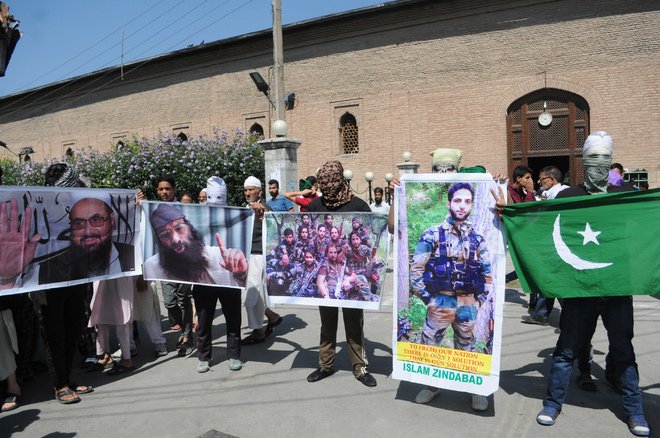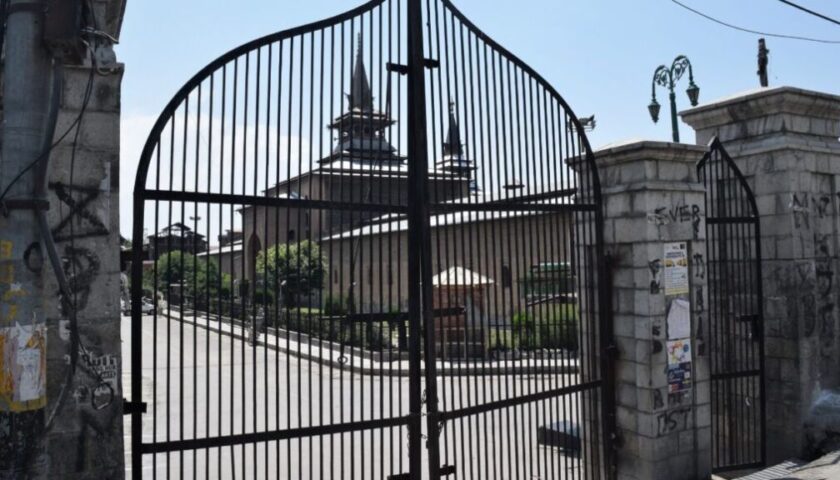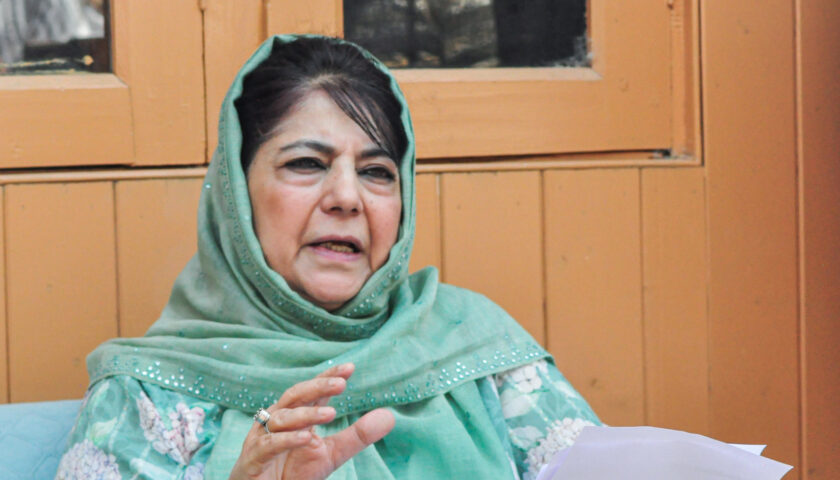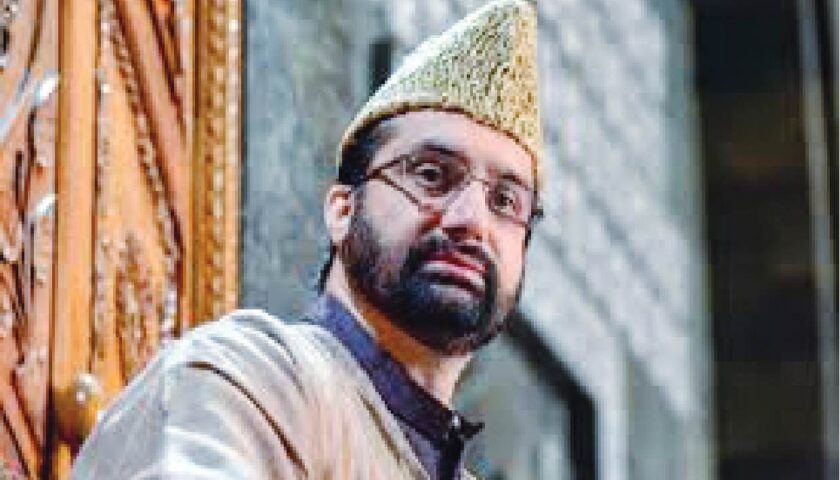Geelani, Mirwaiz put under house detention, clashes at several places
 The reiteration of the beef ban by the J-K High Court in the state is snowballing into a major controversy as the Kashmir valley today witnessed protests, clashes and bovine slaughtering in full public gaze.
The reiteration of the beef ban by the J-K High Court in the state is snowballing into a major controversy as the Kashmir valley today witnessed protests, clashes and bovine slaughtering in full public gaze.
At many places in the Valley, including Anantnag, Tral and Pulwama, people in an open defiance of the court orders slaughtered bovine animals in full public view.
While reiterating an over 150-year-old law banning “voluntarily slaughtering or killing cow or the like animals as being unconstitutional,” the J&K High Court in response to a PIL on Wednesday had directed the state police to ensure “strict compliance” with the “existing law” in the state.
Separatists and other religious organisations had called for protests against this order after Friday prayers and a complete shutdown in the region on Saturday against the ban. Separatists have urged people to sacrifice bovine animals on the forthcoming Eid-ul-Azhar festival.
However, the authorities responded by placing most of the top separatist leaders, including Syed Ali Geelani, Mirwaiz Umar Farooq and Yasin Malik under house detention early morning today.
Soon after the Friday prayers in Srinagar today, activists of Tehreek-e-Hurriyat, an organisation headed by Syed Ali Geelani, tried to take out a protest march from the Lal Chowk area but were prevented by the police to move ahead. The police later whisked away the activists and bundled them into police vehicles.
As soon as Friday prayers were over, protests against the beef ban also rocked the Kashmir University campus at Hazratbal on the city outskirts, where students and scholars took out a protest march, raising slogans like “No worldly court can ban what Allah permits.
”The J&K High Court Bar Association, which has decided to legally challenge Section 298-A and 298-B of the Ranbir Penal Code (RPC), under which cow slaughter was banned in Kashmir during the Dogra rule some 150 years ago, today boycotted the court proceedings as a majority of the lawyers did not appear for their cases. The Bar has also decided to boycott courts on Saturday to protest the High Court order.
Besides, there were protests and clashes at several places in the old City, where masked youth also waved Pakistani flags and pictures of Jamaat-ud-Dawah head and mastermind of 2008 Mumbai attacks Hafiz Saeed, United Jihad Council chief Syed Salahuddin and young Hizb commander Burhan Muzaffar.
Clashes between the police and protesters also broke out in Anantnag, where a group of people reportedly slaughtered a bovine animal to openly defy the ban. Several protesters were also injured during clashes with the police in Pulwama, where Hurriyat leader Shabbir Shah appeared after the Friday prayers to protest against the beef ban.
Out from deep freeze: A 150-year-old regulation
- Section 298-A & Section 298-B of the Ranbir Penal Code (RPC), which regulate beef ban in J&K, were enacted by Maharaja Ranbir Singh some 150 years ago as a regulation. It was later converted into law after the J&K Constituent Assembly was established
- Section 298-A of the RPC makes killing of bovine animals a punishable offence, while as section 298-B RPC makes mere “possession of such slaughtered animal” a punishable act
- Open defiance was witnessed in the region in 1985 when then Governor Jagmohan tried to implement the ban on sale of beef in Kashmir Valley
- Though eating beef is not an article of faith in Islam, however Muslims argue that no worldly court/power can ban any eating food permitted by Allah
- The PIL, filed by a Jammu resident, argued that slaughtering and sale of bovine animals “severely hurt” the religious sentiments of Hindus




